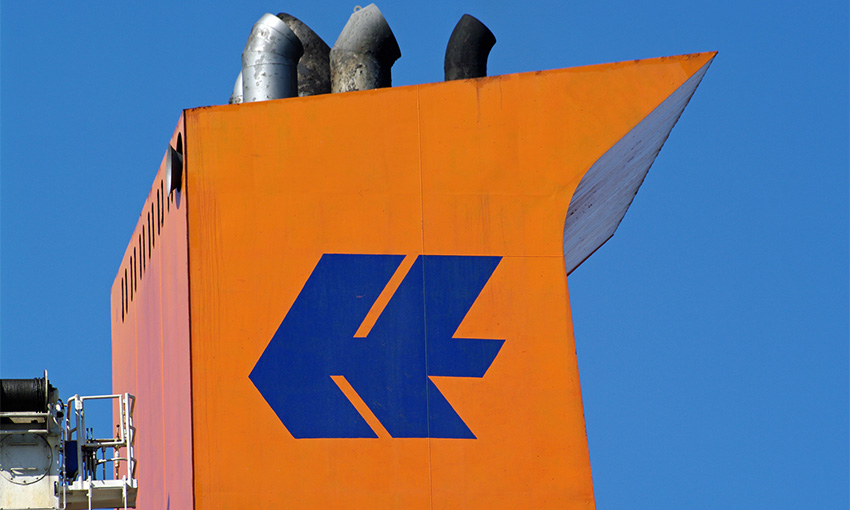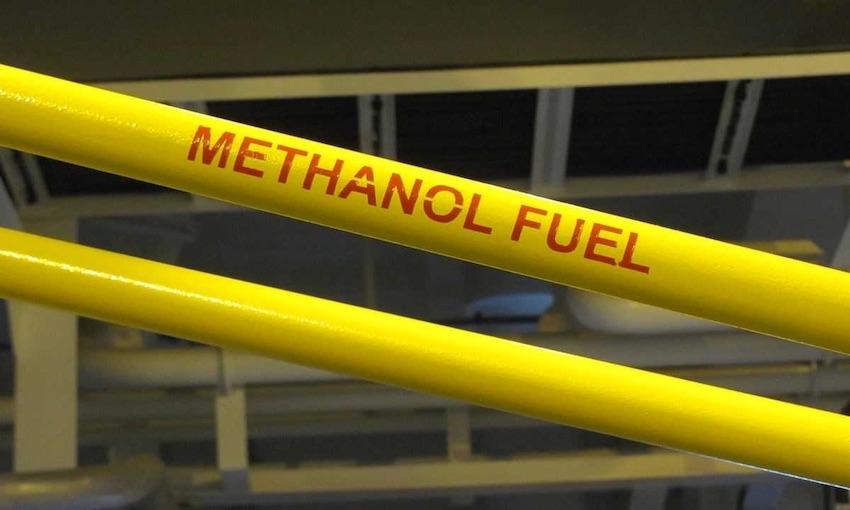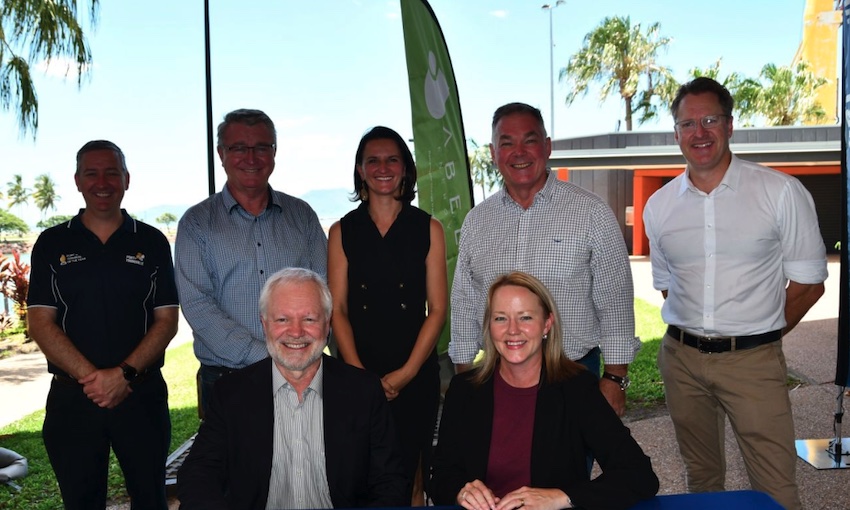SPANISH energy giant Iberdrola has announced intentions to invest more than €1.1 billion (around $1.7 billion) in a green hydrogen and methanol plant in Tasmania.
Iberdrola is partnering with Australian hydrogen developer Abel Energy to build the plant in Bell Bay. The Australian government is backing the project.
Iberdrola and Abel Energy said the plant will be one of the largest of its kind in the world, capable of producing 300,000 tonnes of green methanol per year to use as marine fuel.
Iberdrola noted shipping companies since 2021 have been opting for large ships designed to run on ultra-clean-burning green methanol.
It said the transition would eliminate air pollution in ports, mitigate the risk of oil spills and reduce greenhouse gas emissions generated by fossil fuels.
Iberdrola Australia CEO and managing director Ross Rolfe said the company is committed to helping Australian businesses in sectors where the transition to clean energy has historically been more difficult.
“We are delighted to be able to combine Iberdrola’s global expertise in green hydrogen technologies with Abel Energy’s local knowledge and commercial drive,” Mr Rolfe said.
Abel Energy CEO and co-founder Michael van Baarle said the two companies look forward to driving green hydrogen to commercial scale in Australia and establishing a new climate technology industry.
“We are delighted to have the support of Iberdrola as a financial partner and as an expert in building and operating large-scale renewable energy in Australia and around the world,” he said.
Shipping Australia welcomed the “exciting news” of Iberdrola’s investment in green methanol production.
SAL said there are currently about 90 methanol plants around the world, which together produce around 110 million tonnes of methanol.
It said the current size of the world market for cargo ship fuel is about 229 million tonnes and it has a value of US$130 billion per year.
SAL recalled Maersk’s announcement in August 2021 that it had placed an order for eight large container vessels that would be powered by methanol.
Maersk has put in further orders for large methanol-powered ships since then, and has made several announcements that it had entered into production and supply deals with a range of methanol producers around the world.
SAL said many companies from different shipping sectors have also announced commitments to methanol-powered ships.
SAL CEO Melwyn Noronha said the size of Iberdrola’s green methanol investment in Tasmania is most welcome.
“The green shipping revolution is well and truly on its way to Australia,” Captain Noronha said.
“It is also further evidence, along with all the announcements from ocean shipping companies and the new environmentally-friendly shipping regulations from the IMO, that the global ocean shipping industry is barrelling head-first and at-speed toward a brighter, cleaner, and greener, future.”
Tasmanian minister for energy and renewables Guy Barnett said the announcement shows the industry’s confidence in the plan for Bell Bay to become a leading hydrogen production hub.
“With our world-class renewable energy, Tasmania is an ideal location to produce cost-competitive renewable hydrogen on a large-scale to meet this emerging export and domestic demand and become a global leader in renewable energy supply,” Mr Barnett said.
“The green hydrogen produced on site will be used to transition advanced manufacturing, heavy transport and energy intensive industries to renewable energy, as well as for export.”
The Tasmanian government said the federal government has also shown support for the Bell Bay hub by committing $70 million under the Clean Hydrogen Industrial Hubs program.
It noted the announcement complements last week’s news that Australian renewable energy developer Nexsphere and international energy company Equinor would partner on an offshore wind project in the Bass Strait.
The Bass Strait Offshore Wind Energy Project is proposed to be located off the North-East Coast, with up to 2.5 gigawatts of capacity delivered across multiple stages.





